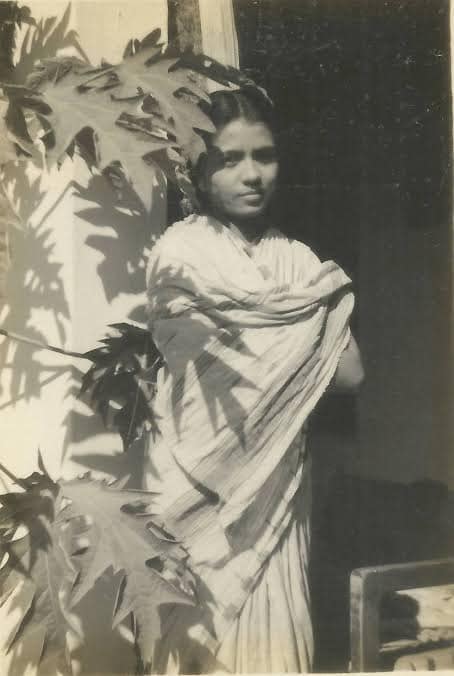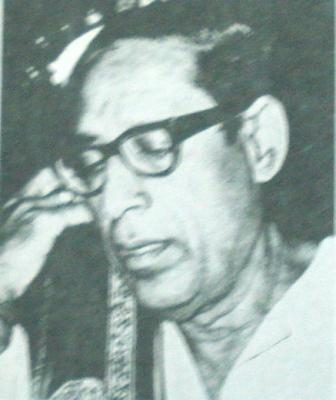ET TU BRUTE, THEN FALL CAESAR !
Musician, however great, is mostly slave to name and fame. Rare is even the maestro who does not openly or under camouflage vaunt his/her attainments. It is so sad to see even great musicians beating their own drum when the public have already acknowledged them and their art gloriously for posterity to remember them as master craftsmen, artistes who have created new pathways for generations of musicians to follow. Yet it seems, as they say, old habits die hard, and past tendencies that have taken root in the psyche of these established artistes spring anew each time these maestros are interviewed when they artfully or openly boast about their achievements in their chosen vocation. Is this artistic? Perhaps it is in a decadent way, and hence this self-proclamation for an establishment in human memory when all that effort leads to is a surface-dragging of the artiste's attainments from the depths to which his earlier efforts had planted them. Strange are the ways of the musical mind and strange are the cultural contradictions thereof.
Written by Sugata Bose
Photo : Ustad Allarakha Khan, a drummer with a difference, an artless artiste of the magical membrane, a legacy he has passed on to his gifted son of equally universal acclaim. Maestros such as he and his son, Ustad Zakir Hussain, wear their attributes and attainments as a natural apparel where humility shines through in its artless absence, as in the father, and in its optimal artistic appearance, as in the son. These are iconic figures who must be emulated and not adhered to for gaining prominence otherwise. Geniuses such as this father and son duo are the salt of the musical world and it is these that teach lesser artistes how best to carry oneself in a world much polluted by self-proclamation beyond artistic proficiency that ought to speak better for itself.

















